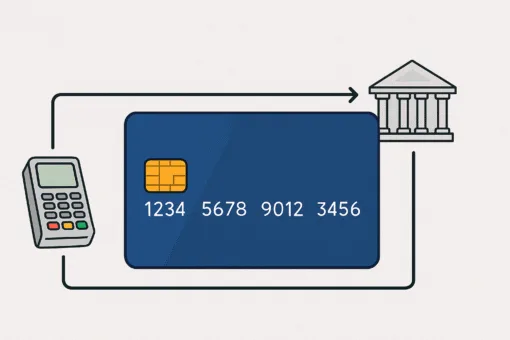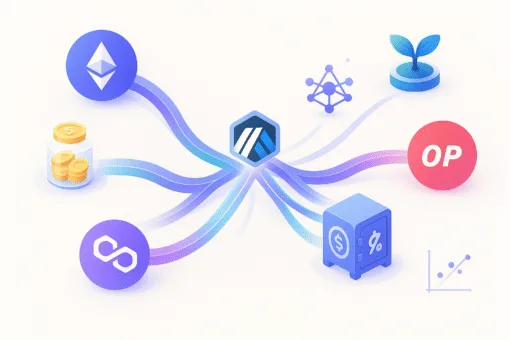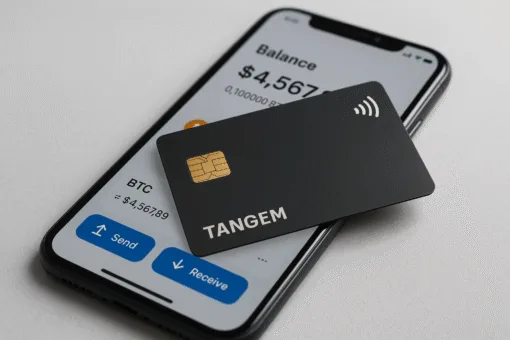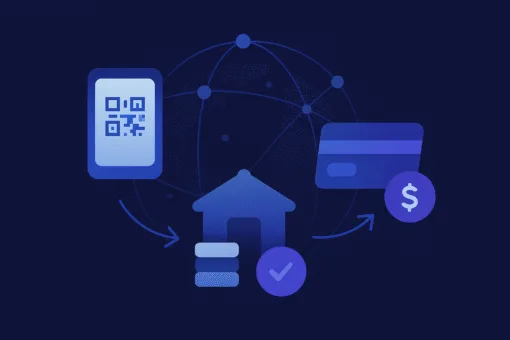Michael Tannenbaum, CEO of Figure Technologies, recently made a bold proposition. He suggested that blockchain technology could revolutionise the mortgage industry. Tannenbaum’s statement, released on Figure’s official website, questions the traditional dependence on federal interventions.
He argues that outdated and inefficient processes currently hamper the mortgage industry. These processes negatively affect both lenders and borrowers. Tannenbaum believes that blockchain technology, known for its transparency, security and decentralisation, could be the transformative tool the industry needs.
Furthermore, Tannenbaum believes that blockchain could eliminate inefficiencies in the current system. Blockchain could record all mortgage-related transactions on a secure, transparent and unalterable ledger. This could not only boost efficiency but also decrease the risk of fraud, a significant issue in the mortgage industry.
Blockchain: A Modern Solution for an Ancient Industry
Tannenbaum suggests that the mortgage industry desperately needs modernisation. He states that outdated systems and processes no longer effectively serve their purpose. Tannenbaum, the CEO of Figure Technologies, argues that it’s time to welcome a new era of digital transformation, led by blockchain technology.
While the traditional mortgage process involves many intermediaries adding layers of bureaucracy and complexity, blockchain could provide a simpler approach. For example, smart contracts could automate many manual tasks, significantly accelerating the mortgage approval process.
Blockchain could also increase transparency in the mortgage industry, a sector often criticised for its lack of clarity. With every transaction recorded and viewable on the blockchain, hidden fees or unfair practices would be eliminated. This could foster increased trust among borrowers, ultimately benefiting the entire mortgage market.
In conclusion, Tannenbaum’s ambitious vision presents a persuasive argument for the potential benefits of blockchain technology in the mortgage industry. If realised, it could be a game-changer, offering a more efficient, transparent and secure mortgage process for all parties involved.
















